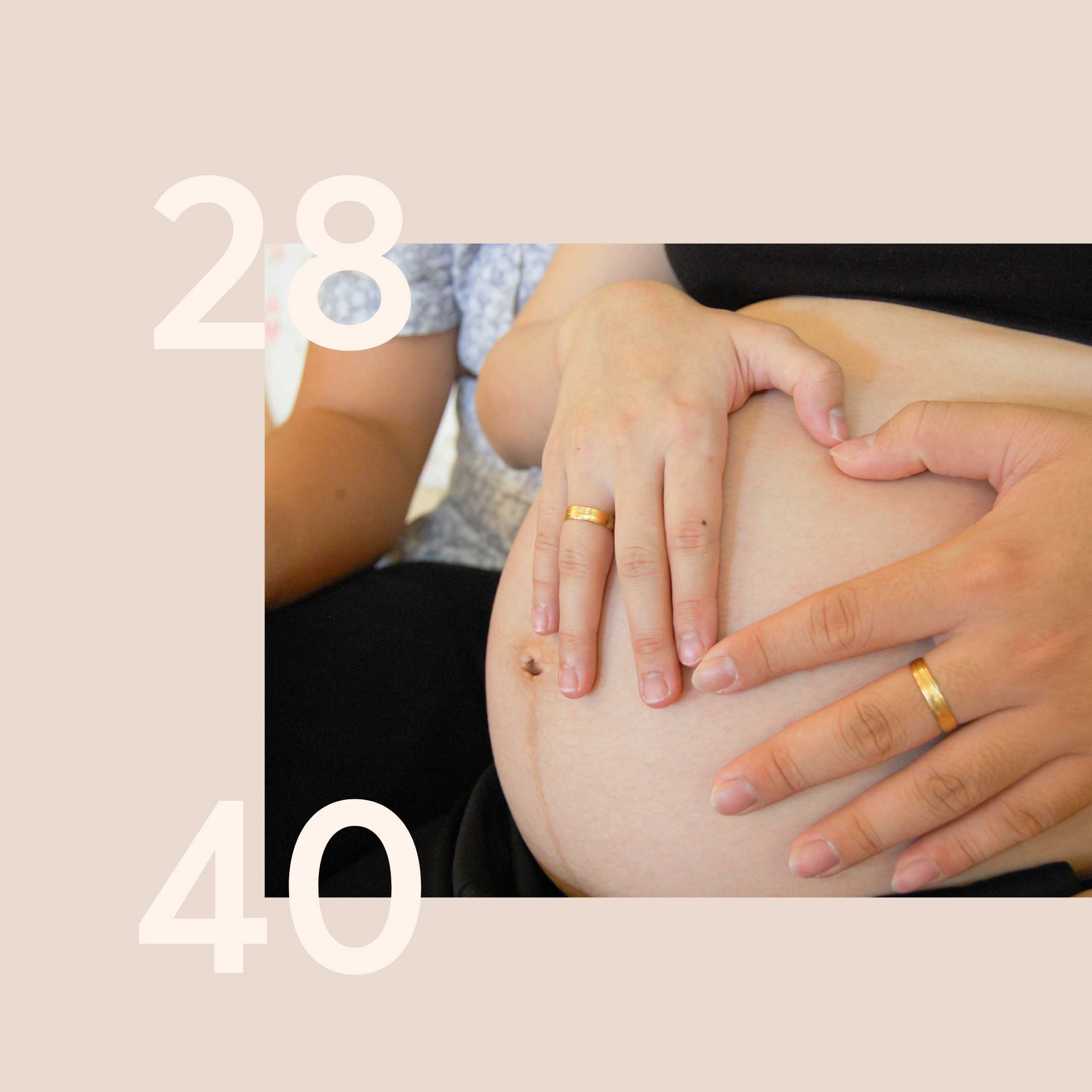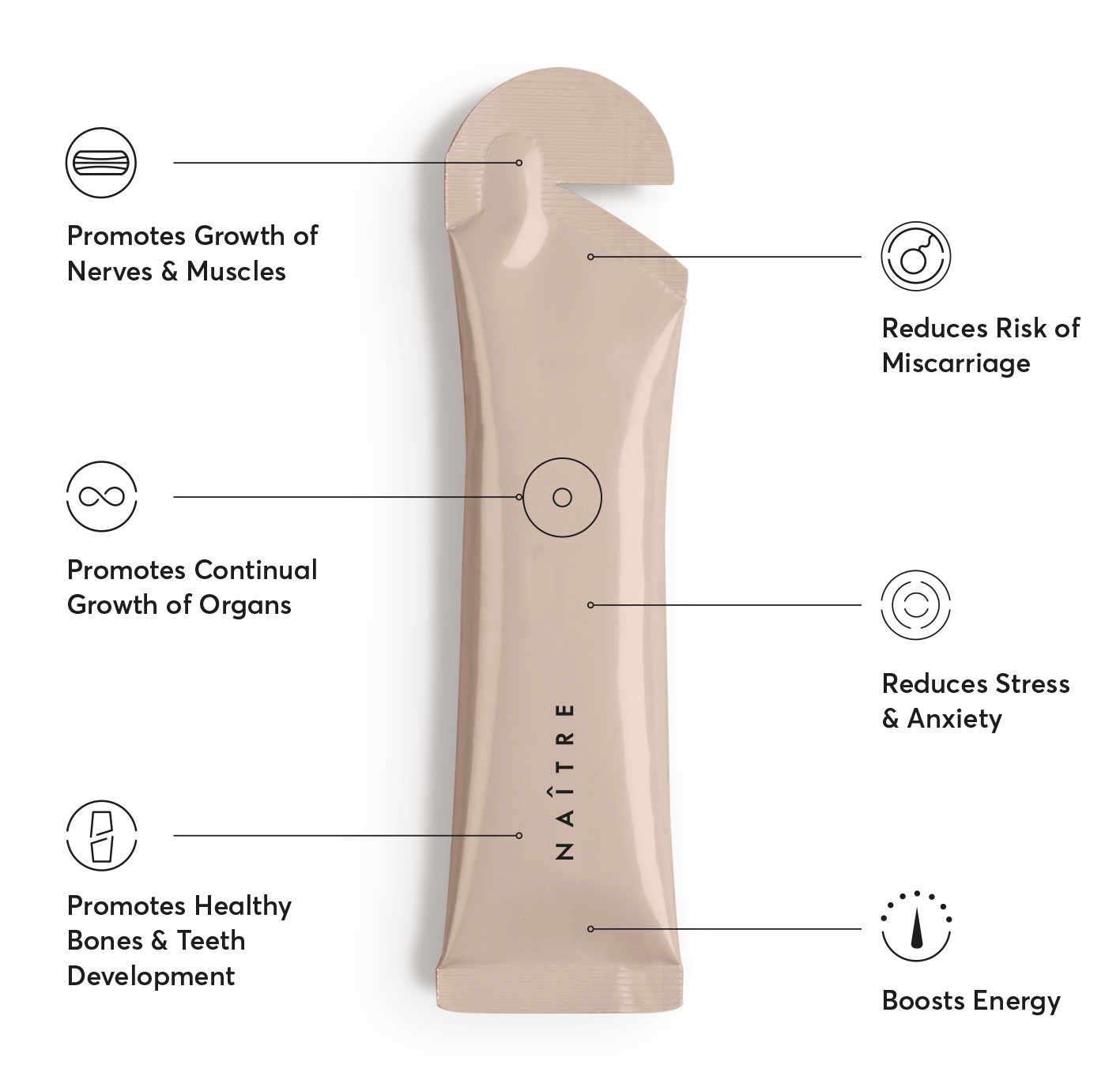
Congratulations on embarking on this extraordinary journey of pregnancy! The first trimester is a period of significant changes and adjustments, both for your growing baby and for you as an expectant mother.
In this comprehensive guide, we will provide you with valuable insights, medical expertise, and practical advice to help you navigate the first trimester with confidence and peace of mind.
Understanding the First Trimester: Weeks 0-12
Physiological Changes: Your Body in the First Trimester
During the first trimester, your uterus undergoes significant growth, reaching the size of a grapefruit by the end of the 12 weeks. This may cause pressure on your bladder, resulting in more frequent urination. These changes are a natural part of the pregnancy process.
Hormonal Transformations: Influencing Your Experience
Common Symptoms: Addressing Discomforts
-
Morning Sickness: Approximately 75% of women experience morning sickness during their pregnancy, especially in the first trimester. To alleviate symptoms, it's recommended to eat small, frequent meals and focus on foods rich in zinc and vitamin B6. Keeping your blood sugar stable is also essential, so opt for protein-rich options and stay well-hydrated. In cases of severe vomiting, hyperemesis gravidarum may be present, requiring medical attention.
-
Headaches: Fluctuating hormones can contribute to headaches during the first trimester. Staying hydrated and maintaining stable blood sugar levels can help alleviate these symptoms.
-
Sore Breasts: Hormonal changes and the multiplication of milk glands can lead to breast soreness. Wearing a supportive soft bra and loose clothing, as well as utilizing cold compresses or warm showers, can help relieve discomfort.
-
Insomnia: Sleep disturbances may occur due to hormonal changes or feelings of anxiety and excitement about the pregnancy. Creating a relaxing bedtime routine and considering an Epsom salt bath can promote better sleep.
Nourishing Your Body: Essential Nutrients in the First Trimester
Proper nutrition is vital throughout pregnancy, and the first trimester sets the foundation for your baby's development. Here are some key nutrients to focus on during this stage:
-
Folate: Essential for preventing neural tube defects, such as spina bifida, folate should be consumed three months before conception and during the first trimester. It also supports red blood cell production and DNA synthesis. Incorporate folate-rich foods like dark leafy greens, brown rice, berries, beans, and peas into your diet to ensure an adequate intake. We recommend looking for Folate as 5MTHF or Methylfolate, a methylated form that is optimally used by the body. The NHS recommend you take 400 micrograms every day before you conceive and throughout your first trimester.
-
Choline: Working alongside folate to prevent neural tube defects.
-
Zinc: This essential nutrient plays a crucial role in hormone balance, and immune system support. Baby uses zinc to aid in DNA synthesis and cell division. It is particularly important during the rapid cell growth of the first trimester. Sunflower and pumpkin seeds, lamb, and whole grains are good sources of zinc. If you’re not consuming enough zinc through your diet, a good quality prenatal vitamin should supplement this.
-
Vitamin B6: So important to help with nausea and even more important to begin supplementing if you too hormonal birth control prior to conceiving. Find it in foods such as bananas, carrots, spinach, sunflower seeds, pineapple, avocado.
-
Vitamin B12: This nutrient is needed to properly use Folate and Choline and is helpful for baby’s overall development. B12 is difficult to consume only from foods but can be found in yeast or animal products. Many prenatal supplements are missing B12 or have it in the wrong form. Look for the natural Methylcobalamin forms, (we recommend staying away from a prenatal supplement with B12 as the synthetic Cyanocobalamin form as it is a harmful compound that requires additional processing for safe removal from the body).
-
Vitamin D: Because vitamin D is only found in a small number of foods, whether naturally or added, it is very difficult to get enough from foods alone. The NHS states that you need 10 micrograms of vitamin D every day and should look for a supplement containing this amount. Naitre uses the superior Vitashine form, a certified vegan D3 ingredient made from sustainably sourced lichen.
- Iodine: Your baby relies on your iodine levels for proper growth and development, especially during the first 14 weeks when their own thyroid is not yet functional. Adequate iodine intake has been associated with optimal nervous system development and IQ levels. While a varied diet should provide sufficient iodine, it's worth noting that strict vegan diets may require closer attention to iodine sources such as fish, dairy, eggs, seaweed, and certain grains.
Preparing for the Next Trimester
As you approach the end of your first trimester, it's essential to look ahead and prepare for the coming months. Here are some key steps to take:
-
Eat Balanced Meals: Continue to eat small, frequent meals and focus on a balanced diet that includes protein, healthy fats, and fibre. This will support your overall health and provide essential nutrients for your baby's development.
-
Manage Discomfort: Explore natural remedies such as organic ginger tea alleviate morning sickness and digestive issues. Be sure to consult with your healthcare provider before trying any new remedies or supplements.
-
Prenatal Care: Schedule regular check-ups with your healthcare provider to monitor your baby's progress and address any concerns. Establishing a strong and trusting relationship with your healthcare team is crucial for a healthy pregnancy.
-
Self-Care and Rest: Pregnancy can be physically and emotionally demanding. Prioritise self-care activities, such as taking naps when needed, practicing relaxation techniques, and engaging in gentle exercise to support your well-being.
Remember, every pregnancy journey is unique, and it's important to listen to your body and seek guidance from healthcare professionals. Stay informed, stay connected with your support network, and embrace this miraculous chapter of bringing new life into the world.







